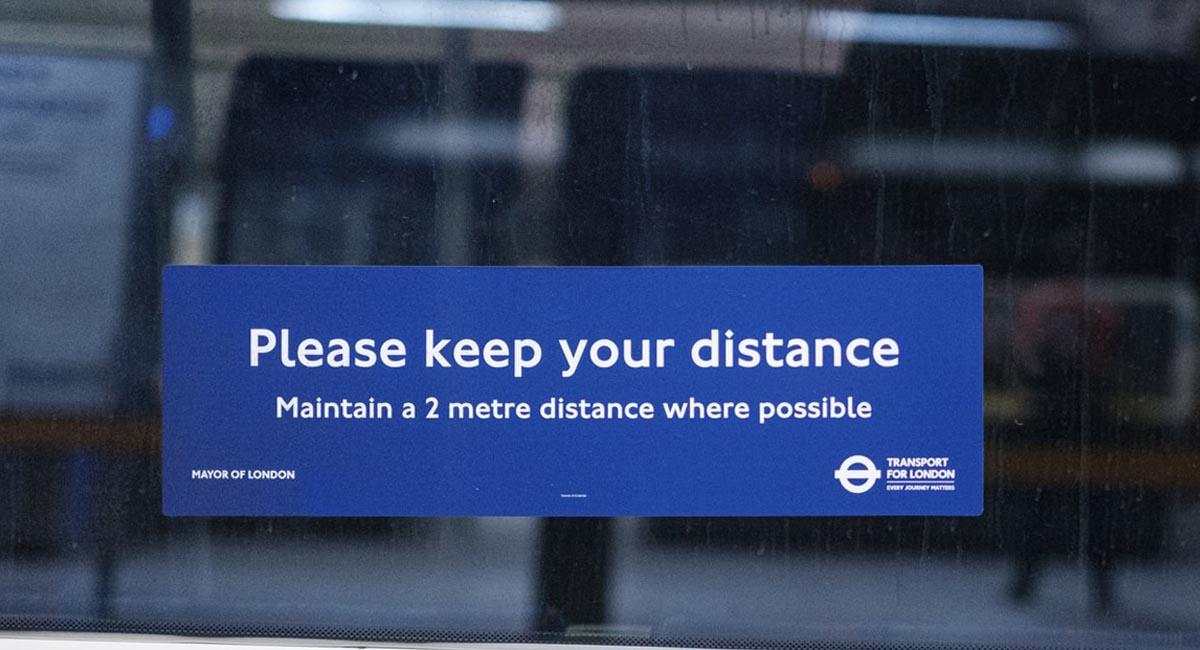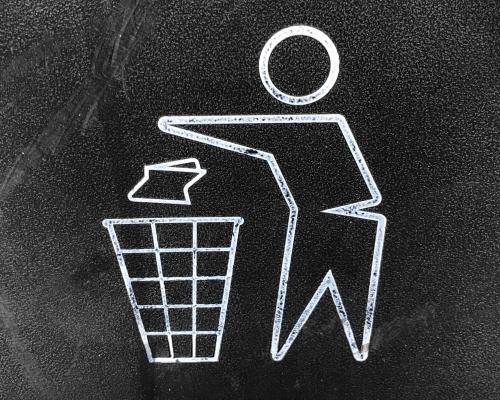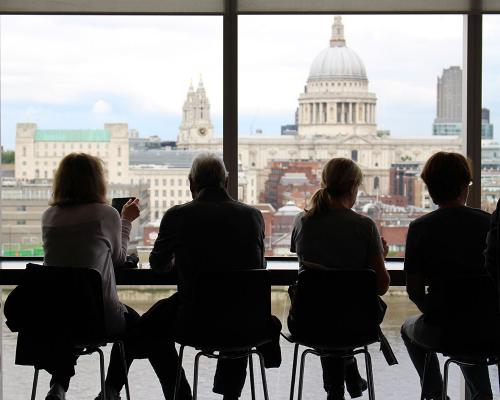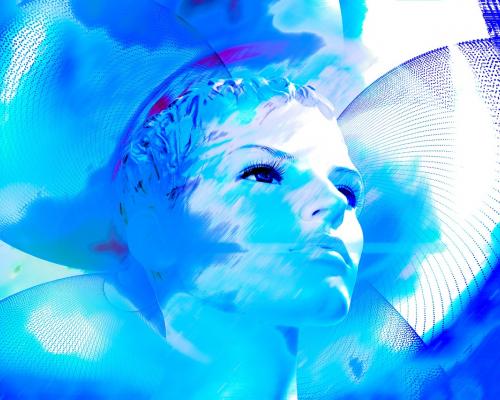Are we brave enough for our new world?
Julia Welstead considers the impact of coming out of lockdown...
I spoke to a young man today who admitted to feeling more anxious about the measures to lift lockdown than he had when told to ‘stay home’, even though, on the face of it, he now has more freedom to see friends and get back to work. I assured him that he’s not alone in this. 2020 has seen a massive, global, rise in anxiety, anger and addiction, whether that be through the fear of illness, the trauma of losing loved ones, the stress of financial uncertainty, the strain of confined family life and home-schooling or the loneliness of isolation.
But whereas full lockdown, for many, had the advantage of simplicity and novelty, our exit strategy into a ‘brave new world’ is proving to be complex, fraught, confusing and stressful.
With the full ‘stay home’ mantra we all knew what to do: it was simple, if boring. Now we are faced with such a bewildering and ever-changing array of instructions, all with their attendant clauses, sub-clauses, get-out clauses, addenda and errata, that we can be forgiven for concluding that our world governments are making it up as they go along. While some people are taking advantage of this muddle to do as they please and get away with it, many are feeling bewildered, insecure and anxious.
Why does being allowed more freedom induce more anxiety?
Looking to our essential emotional needs is always a helpful way to tease out the source of anxiety by understanding which needs are not being adequately met. Full lockdown presented a challenge to satisfy our need for connection with our loved ones and with our community. It dented our sense of security in terms of income as well as health (and by ‘health’ I include the risk of other undiagnosed/untreated illnesses while we shield from covid-19, and also injury caused by the steep rise in domestic violence). For those beginning new phases of their lives it left an abyss where there had been plans – to travel, to begin/change work or further study, to move house, to marry, and so on.
Yet many of us felt safer staying at home, and the world community rose to the challenge of isolation admirably through practical, neighbourly help, volunteering and massive use of social media technology to keep in touch. The downsides of lockdown, in other words, were somewhat ameliorated by the nice surprise that 21st century humans are, for the most part, still caring people.
Post-lockdown is looking to be a messy affair, with less scope for silver linings and a lot more scope for our sense of security to be eroded through fear of the unknown, and our perception of what’s fair/unfair and safe/risky to become sources of disagreement, frustration and anger.
As one woman put it, “Only yesterday I was being told that I was at risk and must isolate, yet today I’m being told to go back to travelling to work, and that my furlough pay will stop. To my mind the risk level for me personally has not changed (if I catch Covid-19 I’m in danger of serious illness) just because nationwide case numbers are down. I’m now more fearful and anxious than I was during full lockdown, which is detrimental to my health.”
I recently listened to a discussion about ‘The future’ on BBC radio 4, which shed an interesting light on why change and uncertainty causes fear. Unexpected change prompts a ‘wake up’ moment, when we suddenly have to scrap what we thought was in our future, and become alert to an unknown territory, a blank canvas. In the normal course of our lives, we use one of our innate resources (our imagination) to build an image of what our future looks like in terms of relationships, family, work, upcoming holidays and so on. Although it is entirely imaginary – by definition the future cannot be anything but an image – we rely on it and it makes us feel safe. Like a map, we believe in it, and it informs the actions we take on a day-to-day basis.
A bereavement creates a hole in our ‘map of reality’ that can cause great pain. The loss of a job or relationship causes a rip that can prompt anger, or sorrow, or worry. But when the whole world as we know it grinds to a halt, well that’s a sizeable gash in our reality map that puts our survival brain on immediate alert as we scan for alternative possibilities.
Possibility is a good word to use, as a reminder that although change is inevitable (nothing ever stays the same) it needn’t be a bad thing. Instead of feeling fearful and fatalistic, with assumptions of doom and gloom to come, we can surely use this unprecedented opportunity to dream up how we would like our future to look. After all, our future might be rosy, but we need to envisage that to stand any chance of achieving it. Once we can imagine something, we can plan the stepping stones required to get there and we are much more likely to realising our goal.
In order to think clearly we must first reduce our stress and anxiety levels (7/11 breathing is an effective tool) and free up some spare capacity in our logical brain. With a clearer mind we can think more objectively via our observing self, engage with our innate curiosity and allow our brains to rise to the challenge of the unknown.
We must bear in mind that we are a capable species. We have survived and thrived through many crises: we are flexible, opportunistic, creative, inventive and resilient. Our brains are designed to solve problems, overcome difficulties and face challenges. It’s what we do best. Our children and teenagers need to know this too – they are more resilient than modern society has led them to realise, and we need to help them to build confidence in their innate resources and abilities.
As Riel Miller (Head of Foresight for UNESCO) says, “Be agile, be optimistic, be imaginative, and above all, don’t be too scared”.
If you would like to learn more about the human givens approach to emotional health and clear thinking, take a look at our HG online courses.
If you, or someone you know, need help with emotional difficulties in your life, such as stress, anxiety, anger, addiction and depression, many HG therapists are now offering online sessions, and can be found on the HGI’s professional register.
© Julia Welstead, June 2020
Latest Tweets:
Tweets by humangivensLatest News:
HG practitioner participates in global congress
HG practitioner Felicity Jaffrey, who lives and works in Egypt, received the extraordinary honour of being invited to speak at Egypt’s hugely prestigious Global Congress on Population, Health and Human Development (PHDC24) in Cairo in October.
SCoPEd - latest update
The six SCoPEd partners have published their latest update on the important work currently underway with regards to the SCoPEd framework implementation, governance and impact assessment.
Date posted: 14/02/2024












